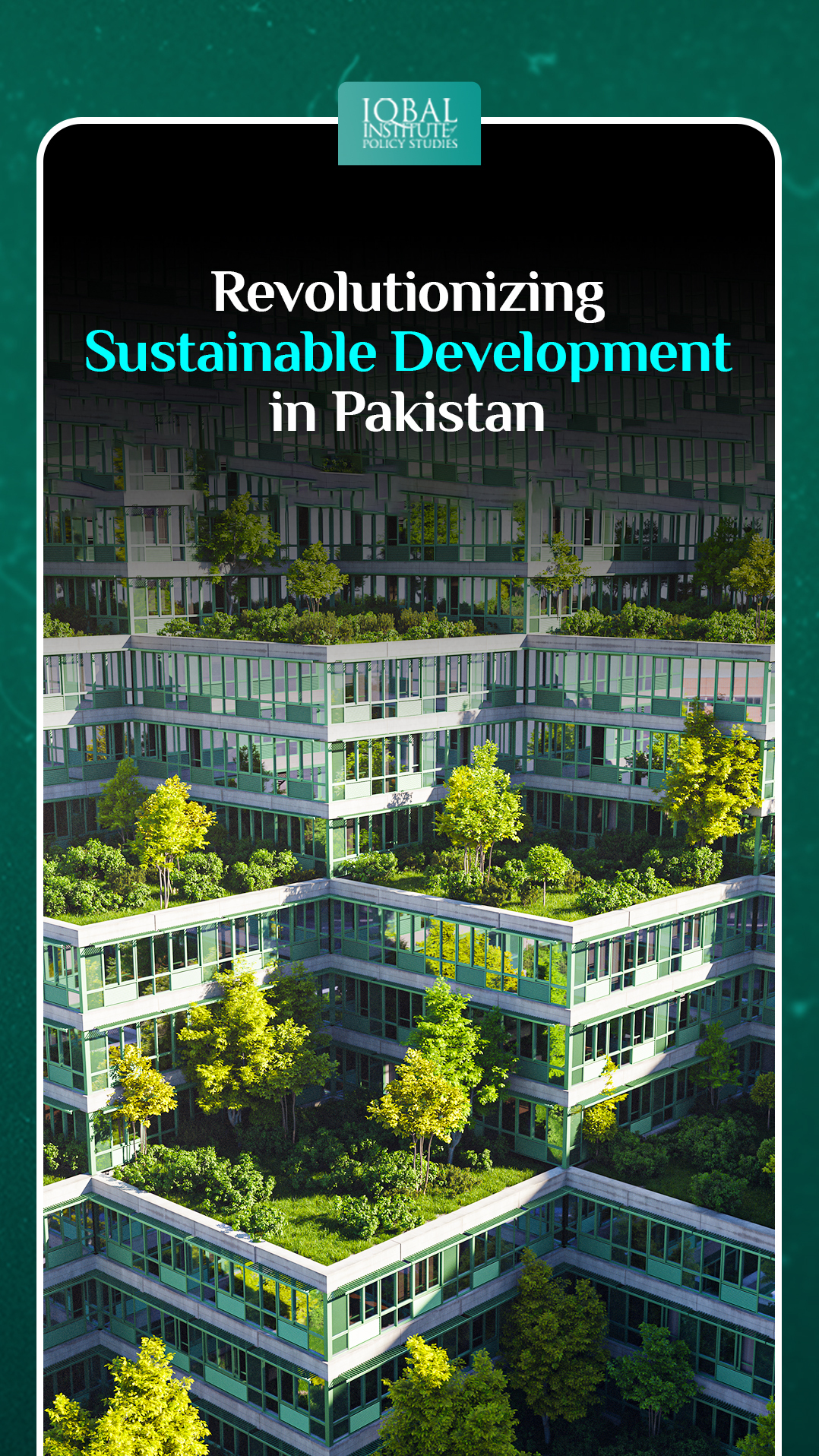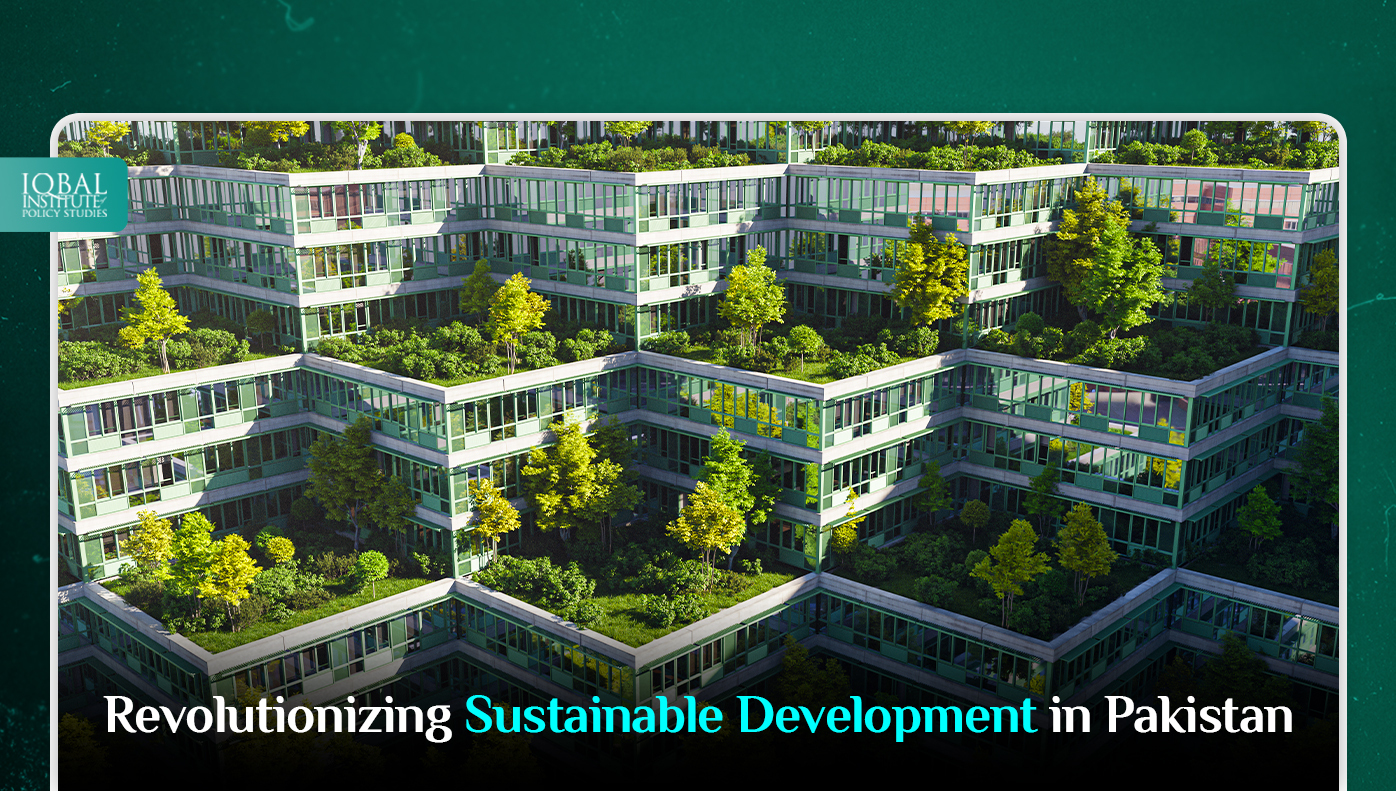What is Sustainable Development?
Sustainable development, a concept rooted in the understanding of meeting the needs of the present without compromising the ability of future generations to meet their own needs, has gained significant recognition and importance in recent years. It encompasses the harmonious integration of economic growth, social progress, and environmental protection. In Pakistan, a country grappling with numerous environmental and developmental challenges, sustainable development has emerged as a critical imperative. The importance of sustainable development in Pakistan cannot be overstated, considering the country’s population size, fragile ecosystems, and socio-economic vulnerabilities.
The Importance of Sustainable Development in Pakistan
Firstly, Pakistan’s population, exceeding 220 million people, places immense pressure on its limited natural resources and infrastructure. Meeting the basic needs of such a large population, including food, water, energy, and housing, requires sustainable practices to ensure long-term availability and equitable distribution. By adopting sustainable development principles, Pakistan can strive to alleviate poverty, reduce inequality, and enhance the overall well-being of its citizens while safeguarding the environment for future generations. Secondly, Pakistan faces a range of environmental challenges that demand urgent attention. These challenges include deforestation, air and water pollution, soil degradation, and climate change impacts such as rising temperatures, erratic rainfall patterns, and increased frequency of extreme weather events. Sustainable development offers a comprehensive framework to address these issues by promoting the conservation and sustainable use of natural resources, implementing climate change mitigation and adaptation strategies, and adopting cleaner and more efficient technologies.
Moreover, sustainable development is closely linked to Pakistan’s economic growth and stability. As a developing nation, Pakistan seeks to enhance its industrial and agricultural sectors, generate employment opportunities, and attract investments. Embracing sustainable development practices can unlock new avenues for economic growth, particularly in renewable energy, sustainable agriculture, eco-tourism, and green industries. By transitioning to a low-carbon economy and promoting resource efficiency, Pakistan can not only reduce its dependence on fossil fuels but also create a more resilient and diversified economy. Furthermore, sustainable development in Pakistan can contribute to social progress and human development. By focusing on education, healthcare, gender equality, and social inclusion, sustainable development aims to improve the quality of life for all Pakistanis, particularly marginalized communities. It seeks to ensure access to basic services, empower individuals and communities, and foster a sense of ownership and responsibility toward sustainable practices.
The Present Condition of Sustainable Development in Pakistan
Pakistan, a country with diverse ecosystems and a rapidly growing population, faces significant environmental challenges that hinder its progress toward sustainable development. Firstly, deforestation remains a pressing concern, as unsustainable logging practices and the conversion of forests for agriculture and urbanization contribute to the loss of valuable forest cover. This results in soil erosion, reduced water availability, and loss of biodiversity. Secondly, air and water pollution are pervasive issues, primarily driven by industrial emissions, vehicular pollution, and inadequate waste management systems. These pollutants have adverse effects on human health, ecosystem integrity, and climate change. Additionally, Pakistan grapples with water scarcity, exacerbated by population growth, inefficient irrigation techniques, and mismanagement of water resources. This poses a threat to agriculture, the country’s primary economic sector, and leads to social tensions. Lastly, climate change impacts, including rising temperatures, changing rainfall patterns, and increased frequency of extreme weather events, further compound the challenges faced by Pakistan, particularly in vulnerable regions like coastal areas and mountainous regions.
However, there are limitations and gaps in the current approaches to sustainable development in Pakistan. Financial constraints pose a significant challenge, as adequate funding is required to implement sustainable practices and infrastructure improvements. Limited public awareness and inadequate education on sustainable development hinder the widespread adoption of sustainable practices. Insufficient coordination and collaboration among government agencies, private sector entities, and civil society organizations impede the effective implementation of sustainable development initiatives. Furthermore, weak enforcement of environmental regulations and governance issues undermine the success of sustainability efforts. Additionally, socio-cultural factors and traditional practices sometimes create resistance to change and hinder the adoption of sustainable practices in certain communities.
To overcome these limitations and gaps, Pakistan needs to prioritize sustainable development as a national agenda. This includes strengthening institutional frameworks, enhancing coordination among stakeholders, and promoting public-private partnerships. It is crucial to invest in research and development to foster innovation in sustainable technologies and practices. Education and awareness campaigns must be intensified to educate the public about the benefits of sustainable development and encourage behavioural changes. Furthermore, policies and regulations need to be formulated and enforced effectively to ensure compliance with sustainable practices.
The Way Forward
In our opinion, the way forward for revolutionizing sustainable development in Pakistan requires a comprehensive and integrated approach that addresses the challenges and harnesses the opportunities. Some of the key strategies to propel sustainable development in Pakistan are:
Strengthening Policy Framework
Pakistan needs to develop and enforce robust policies and regulations that promote sustainable development across sectors. This includes setting targets and standards for renewable energy deployment, water management, waste management, and sustainable agriculture. The government should establish clear guidelines for sustainable urban planning, green building practices, and conservation of natural resources. Additionally, policy coherence and coordination among different government departments and agencies need to be enhanced to ensure effective implementation.
Mobilising Financial Resources
Adequate funding is crucial for scaling up sustainable development initiatives in Pakistan. The government should explore innovative financing mechanisms, such as green bonds and public-private partnerships, to attract investment in renewable energy projects, sustainable infrastructure, and conservation efforts. International collaborations and accessing climate finance mechanisms can also help bridge the financial gap. Moreover, promoting sustainable entrepreneurship and providing incentives for businesses adopting green practices can stimulate private sector involvement.
Promoting Education and Awareness
Creating a culture of sustainability requires widespread education and awareness. Integrating sustainability into the education curriculum at all levels can instil a sense of environmental responsibility among the youth. Public awareness campaigns should be launched to educate communities about sustainable practices, climate change impacts, and the benefits of conservation. NGOs, civil society organizations, and the media can play a vital role in disseminating information and promoting sustainable behaviours.
Fostering Innovation and Technology
Transfer Embracing technological advancements and innovation is key to revolutionizing sustainable development in Pakistan. Research and development should be encouraged to develop cost-effective and efficient solutions for renewable energy, water management, agriculture, and waste management. Technology transfer and knowledge sharing through international collaborations can accelerate the adoption of sustainable practices in the country.
Enhancing Collaboration and Partnerships
Collaboration among stakeholders is crucial for achieving sustainable development goals. The government should facilitate partnerships between academia, private sector entities, and civil society organizations to leverage expertise and resources. Engaging local communities in decision-making processes and empowering them to participate in sustainable development initiatives can enhance ownership and ensure long-term success.
Monitoring and Evaluation
Regular monitoring and evaluation are necessary to assess the effectiveness of sustainable development initiatives and identify areas for improvement. Developing robust indicators and reporting mechanisms can help track progress and ensure accountability. Data-driven decision-making and evidence-based policy formulation are essential for guiding future actions.
Conclusion
Revolutionizing sustainable development in Pakistan is not only a pressing necessity but also a tremendous opportunity. Pakistan faces significant environmental challenges that require immediate attention and concerted efforts from all stakeholders. By embracing sustainable development principles, the country can address these challenges while simultaneously unlocking economic, social, and environmental benefits. Through the adoption of renewable energy sources, improved water management practices, sustainable agriculture, and eco-friendly urbanization, Pakistan can mitigate the adverse effects of climate change, protect its ecosystems, and ensure the availability of essential resources for future generations. Moreover, sustainable development offers the potential for economic growth, job creation, and poverty reduction, as it opens up avenues for investment in renewable energy, green industries, and sustainable infrastructure. However, to successfully revolutionize sustainable development in Pakistan, several critical aspects must be addressed. These include strengthening policy frameworks, mobilizing financial resources, promoting education and awareness, fostering innovation and technology transfer, enhancing collaboration and partnerships, and establishing robust monitoring and evaluation mechanisms.
It is imperative for the government, private sector, civil society, and individuals to work in harmony, recognizing that sustainable development is a shared responsibility. By aligning interests, leveraging resources, and implementing comprehensive strategies, Pakistan can overcome its limitations and gaps, ushering in a new era of sustainable progress. The path to revolutionizing sustainable development in Pakistan will not be without its challenges, but the rewards are immense. By embracing sustainability, Pakistan can safeguard its natural heritage, improve the quality of life for its citizens, and contribute to global efforts in tackling climate change and achieving the Sustainable Development Goals.
This article is written by Shahmeer Adnan. Shahmeer is a Research Analyst at the Iqbal Institute of Policy Studies (IIPS).



Leave a Reply